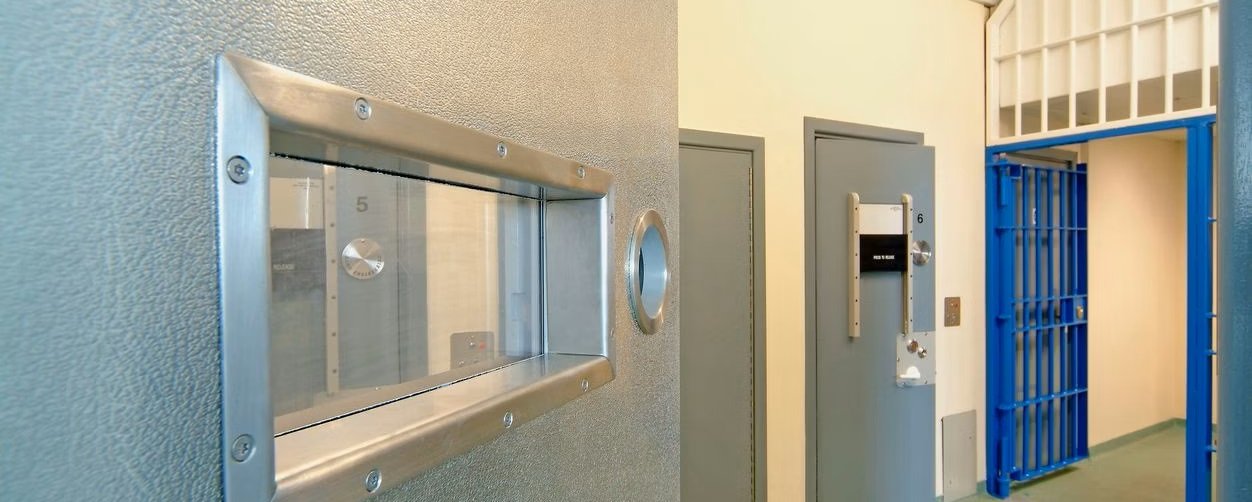Let’s not close the door on prison education.
Oct. 14, 2025
By Drew Mayhem, Kaiwhakahaere | Organiser
Open Polytechnic is preparing to end its delivery of education programmes in prisons. If this goes ahead, it will cut off access to learning for people who already face huge barriers to education. It also means three full-time tutors will lose their roles, and a successful 12+ year partnership with the Department of Corrections could come to an end.
But this decision isn’t just about roles or programmes—it’s about people. For learners inside Corrections, education is often their first real opportunity to turn things around. It’s about more than getting qualifications. It’s about building confidence, learning life skills, and being able to imagine a future beyond prison.
Programmes like Foundation Skills Levels 1 and 2 have already made a big difference in the lives of many learners. They offer not just knowledge, but a real sense of possibility.
Right now, Open Polytechnic’s digital-first model doesn’t suit the prison environment. Most prisons don’t have internet access, and learners in these settings often benefit most from face-to-face support—something our trained Corrections Education Tutors have been delivering successfully. These learners are often vulnerable and haven’t had positive experiences in education. They need time, flexibility, and someone in their corner.
Instead of walking away, we believe Open Polytechnic should build on the good work that’s already been done. There are real opportunities here: to expand the use of offline tablets or Chromebooks, to continue in-person support, and to slowly introduce more digital options when the time is right. Micro-credentials, for example, could be tailored specifically to the needs of prison learners.
Stepping back now also raises some serious equity concerns. Māori and Pasifika make up around 64% of the prison population. Ending these programmes would go against our commitment to Te Tiriti o Waitangi and to social justice. Education is one of the most powerful tools for rehabilitation—and walking away from that would be a step backwards.
There’s also a real risk that this space gets filled by providers who don’t have the same experience, care, or learner-centred approach. The trust and credibility Open Polytechnic have built with Corrections over the years shouldn’t be underestimated—it’s taken time, effort, and a lot of good work.
We’re asking Open Polytechnic to review what’s at stake. Let’s look again at the possibilities. Let’s talk to our partners in Corrections. And let’s invest in the tools and approaches that allow us to keep supporting learners who truly need it.
Because everyone deserves the chance to learn, grow, and find hope. Especially those who’ve been written off by so many others.

